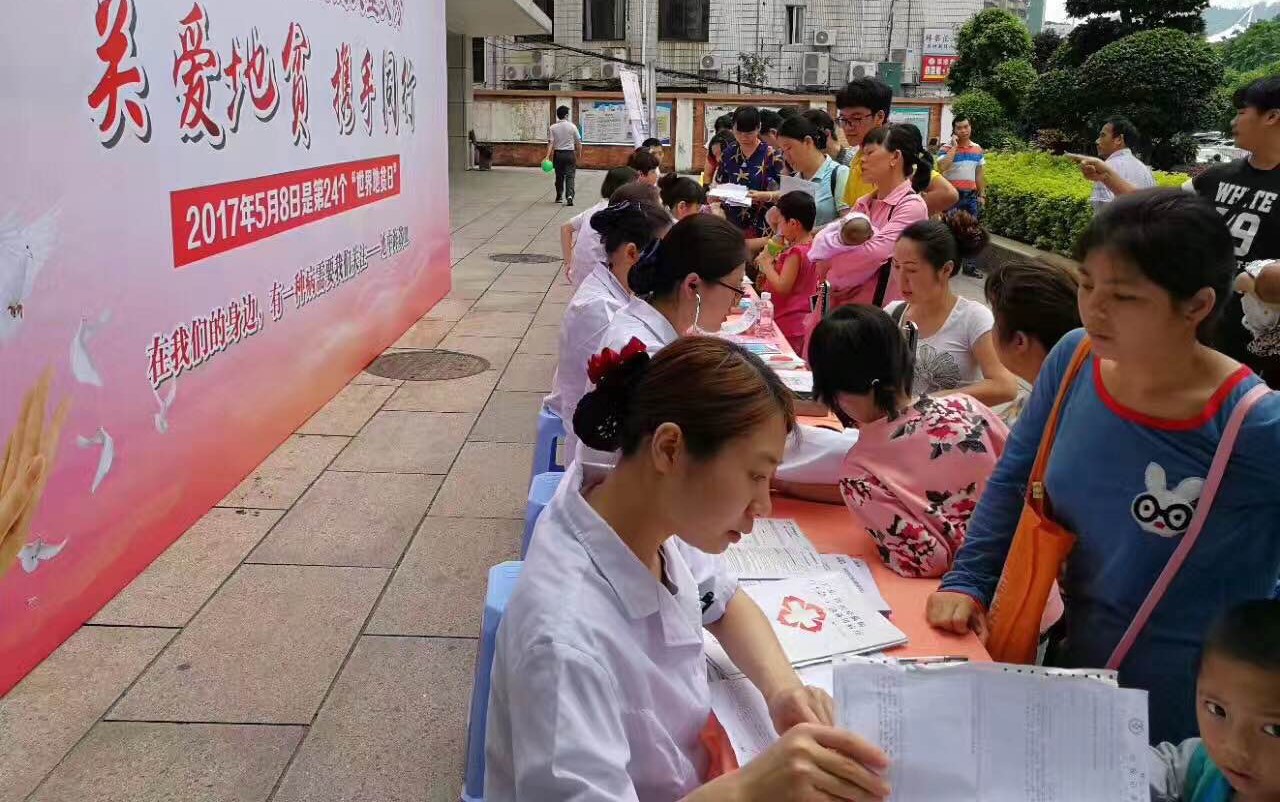One in a series of guest blog posts from leading voices in global development on achieving long-term sustainability and growth while ending hunger, poverty, and malnutrition.
Countries around the world came together at the 1996 World Food Summit to commit to the FAO’s goal of achieving global food security. Now, more than 20 years later, hunger and malnutrition are on the rise, and the number of hungry people now stands at 821 million. Two billion people suffer from micronutrient deficiencies.
Dr. Ren Wang
Addressing this challenge will require new ways of thinking, not only about sources of food, but also more broadly about innovations that support the health of rural populations. Today, three quarters of the world’s food is produced from only 12 plants and five animal species, while there are about 300,000 edible plant species in the world. Plant diversity will be the source of food security and nutrition for the world population today and for generations to come.
New challenges such as urbanization, climate change, and the risk of pandemics are intensifying the need for innovative solutions to increase resilience and bolster agricultural development. Every year, 220-250 million people in China migrate from rural to urban areas—a number equal to the current population of Indonesia. Adding to this population pressure are emerging pandemic threats such as zoonotic diseases. Seven out of every ten newly discovered human diseases are of animal origin.
Agricultural innovation involves bringing new or existing products, processes or ways of organization into use for the first time in a specific context in order to increase effectiveness, competitiveness, and resilience to shocks or environmental sustainability—thereby contributing to food security and nutrition, economic development or sustainable natural resource management. Agricultural innovation can take the form of new markets or novel methods for higher yield crops. It can also mean making a difference in the lives of rural people by addressing underlying health threats and causes of rural poverty.
Work by BGI, the world’s largest genomics organization, has shown how genomic technology can contribute to reducing health-related rural poverty in China. BGI has focused recently on the prevention and control of two diseases with devastating physical and economic impacts—echinococcosis and thalassemia.
Echinococcosis (or hydatidosis), one of the 17 neglected tropical diseases listed by WHO, is a parasitic zoonotic disease caused by tapeworms that leads to serious illness and death. It particularly endangers the health of rural farmers and herders in China’s western provinces. China suffers from the highest prevalence of alveolar echinococcosis in the world, with a 70 percent mortality rate over five years for those infected, rising to 94 percent over ten years. An epidemiological survey conducted in the Tibetan Autonomous Region in 2016 found that echinococcosis was prevalent in 74 counties across Tibet, resulting in a heavy economic burden.
Improving medical conditions and establishing procedures for the rapid and effective containment of the disease are critical, especially since clinical symptoms may not appear until many years after infection. Advanced genetic sequencing and analysis technologies developed by BGI have proven to be effective at detecting the disease at an early stage via a blood test, with low false positives and the capacity for large population screening. To build capacity for laboratory testing, BGI and its partners transported 100 ultra- low temperature freezers to Tibet. BGI then set up Echinococcosis Quick-check Mobile Workstations and has screened 850,000 people so far.
Thalassemia is the most common genetic disease in southern China and a common cause of rural poverty. Thalassemia is an inherited blood disorder characterized by less oxygen-carrying protein (hemoglobin) and a low red blood cell count. There are an estimated 30 million carriers in China, including nearly a quarter of the population in Guangxi Province. BGI has shown how advanced genetic sequencing methods can detect more variants than traditional methods and can improve HLA typing accuracy. BGI has so far screened 263,000 people for thalassemia.
But the scientific solution alone was not enough. BGI has collaborated with some Chinese city governments to test different models of financing and managing the screening projects. In Shenzhen, non-invasive prenatal testing is included in maternity insurance, with a government subsidy of $43, plus maternity insurance of $80 per case, and the city has achieved 95 percent coverage. In Changsha, the screening is funded and coordinated by the local government, with subsidies of $130 per case, achieving 80 percent coverage.
The lessons of China can be helpful for understanding how scaling up innovation has been achieved through advanced technologies accompanied by effective business models appropriate to the local context.
Such examples show that to meet the challenge of sustainable development, innovation in science and technology must be accompanied by innovative business models and broad partnerships—especially public-private partnerships—to achieve impact at scale.
Ren Wang is Senior Vice President of BGI, the world’s largest genomics organization, headquartered in Shenzhen, China.







